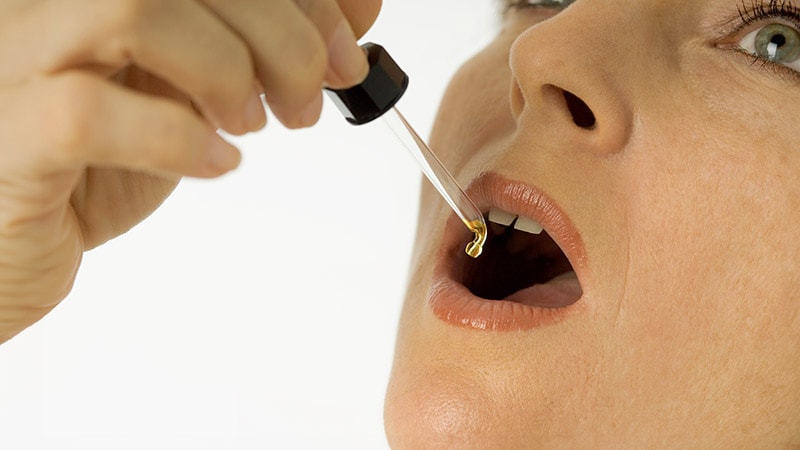According to a recent meta-analysis, introducing fish early in life (6-9 months) and regular intake of all fish (minimum once a week) could reduce the incidence of asthma and wheezing in children up to 4.5 years of age. Older children may benefit from consumption of fatty fish.
Researchers conducted a meta-analysis of 23 observational studies identified through a literature search on the MEDLINE, PubMed, CINAHL, Scopus, EMBASE and Cochrane library databases.
15 studies indicated improvement in asthma symptoms and lower risk for asthma in children aged 0-14 years with early introduction of fish (at 6-9 months) and consumption of fish for at least once a week compared with no fish consumption. Consumption of 'all fish' was associated with an overall beneficial effect on current asthma (OR, 0.75; 95% CI, 0.60-0.95) and current wheeze (OR, 0.62; 95% CI, 0.48-0.80) in children up to 4.5 years of age. Among children aged 8-14 years, intake of fatty fish had a protective effect (OR, 0.35; 95% CI, 0.18-0.67) compared with no fish intake.
According to the authors, the immune system of infants is increasingly susceptible to environmental exposures including diet. A diet comprising omega 3 fatty acids and lower omega 6: omega 3 fatty acid ratio could increase the uptake of eicosapentaenoic acid and docosahexaenoic acid into cell membranes, thereby lowering pro-inflammatory eicosanoids. Additionally, omega 3 fatty acids can also modulate immune responses by promoting Th 1 cell generation. Another explanation supporting the benefits of fish consumption is that regular fish intake may be a proxy for other healthy lifestyle habits contributing the beneficial effect.


